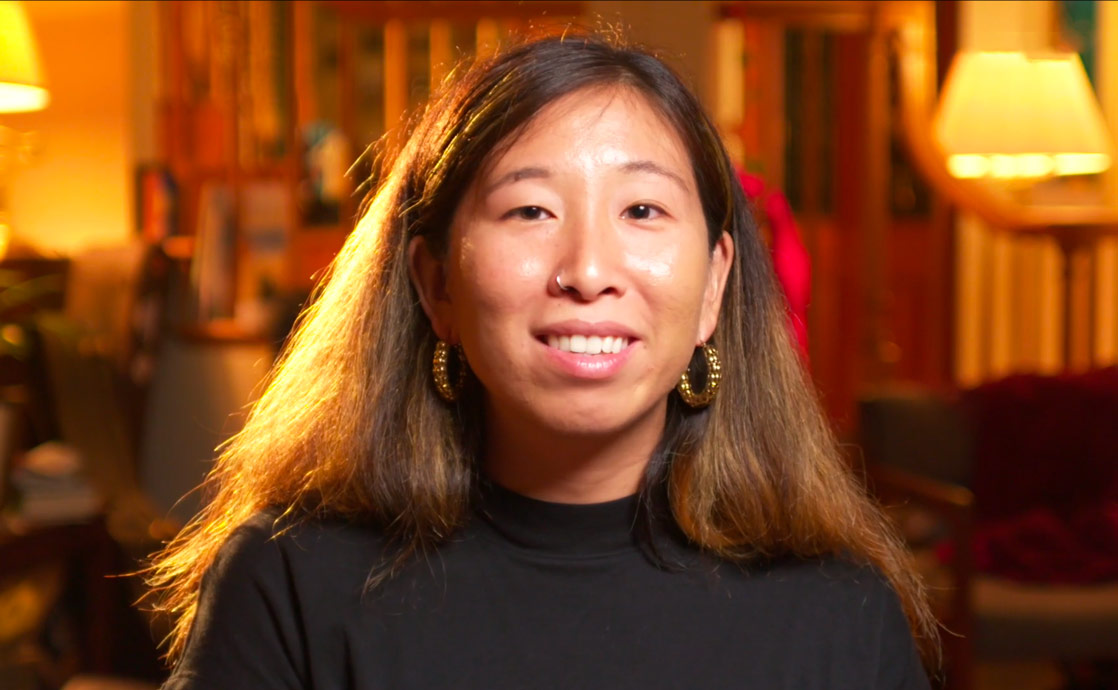In the intricate tapestry of existence, each thread intertwines purpose and meaning, so too does the quest for personal significance resonate deeply within the Bahá’í Faith. This rich spiritual tradition underscores that true fulfillment arises not merely from individual accomplishments but through the harmonious interplay of faith, action, and service to humanity. The notion of “Finding Your Purpose Through Faith in Action” encapsulates a profound existential journey, urging individuals to engage actively in their communities while nurturing a personal and collective spiritual evolution.
At the heart of Bahá’í teachings lies the eminent belief that every individual possesses an intrinsic purpose. However, this purpose is not a static concept; rather, it is an evolving trajectory influenced by circumstances, societal needs, and divine guidance. Exploring one’s purpose through the lens of faith invokes the metaphor of a compass, which guides the seeker toward the true North of spiritual fulfillment. This compass, however, does not function in isolation. It requires the activation of various dimensions of one’s being: intellect, emotion, creativity, and most crucially, action.
Engagement with the community is a foundational pillar in Bahá’í thought. Faith is not merely an abstract ideal but rather a catalyst for transformative action. The teachings emphasize the dynamic correlation between belief and behavior, affirming that faith without action is akin to a fruitless tree—lacking vitality and failing to yield the nourishment that sustains others. Thus, individuals are positioned not only as seekers of truth but also as active participants in the evolution of society.
To traverse this path, one must first cultivate a profound understanding of one’s own abilities and aspirations. This introspective journey involves recognizing the unique talents bestowed upon an individual, akin to distinct colors in a radiant spectrum. Each person’s gifts contribute to a greater collective vision, embodying the essence of unity in diversity—a core tenet of Bahá’í teachings. By honing these attributes and aligning them with the needs of the community, individuals begin to elucidate their distinctive roles in contributing to progress.
Furthermore, the act of serving others, deeply entrenched in the Bahá’í ethos, becomes an avenue through which purpose unfolds. Engaging in altruistic endeavors not only enhances personal growth but also nurtures communal relationships—invoking the spirit of interconnectedness. The metaphor of a garden is particularly illustrative here; just as diverse plants thrive together in mutual support, so too can individuals flourish when they contribute positively to the fabric of society. Delving into service catalyzes a transformation that extends beyond self-interest, fostering an environment ripe for collective development and spiritual upliftment.
As the journey progresses, faith becomes both the anchor and the sail. It instills resilience amidst adversity while propelling individuals toward their aspirations. The Bahá’í teachings articulate that challenges are not merely obstacles; instead, they serve as crucibles that refine character and deepen understanding. Herein lies another layer of the metaphorical tapestry—faith acts as the loom, weaving the threads of experience, struggle, and triumph into a coherent narrative of purpose. Each trial faced in faith fortifies the individual, rendering them not only steadfast but also increasingly mindful of their responsibilities toward others.
Moreover, the significance of consultation stands as a salient aspect within Bahá’í practices, further emphasizing collaborative efforts in discerning one’s purpose. Through consultation, individuals engage in meaningful dialogues that transcend personal biases, allowing for the emergence of collective wisdom. This process resonates with the metaphor of a symphony, wherein diverse instruments harmonize to manifest a more magnificent sound than any single performer could achieve alone. In this symphonic endeavor, community members become instruments of change, collaboratively orchestrating a vision of a just and equitable society.
But faith in action transcends mere service; it demands an understanding of the broader implications of one’s endeavors. Engaging in the community compels individuals to confront societal injustices and champion the principles of equality and justice—integral elements within Bahá’í belief. Each positive action, whether small or expansive, ripples through society, instigating change and illuminating pathways for others. This dynamic interplay further emphasizes the inherent connection between personal purpose and collective welfare—a reminder that individual aspirations are invariably linked to the greater good.
In conclusion, the quest for purpose within the framework of Bahá’í teachings is an odyssey characterized by self-discovery, service, and transformative action. As individuals imbue their lives with faith, they inevitably catalyze change within themselves and their communities. The pursuit of purpose through faith in action echoes a prophetic call to spiritual and social responsibility. Thus, aspiring to find one’s own unique role becomes not just a personal ambition but, rather, a sacred duty—resounding through the corridors of time as an enduring invitation to participate in the divine plan for humanity’s evolution.
Ultimately, finding purpose through the principles of the Bahá’í Faith illuminates this profound metaphysical connection between individual aspirations and communal transformation. As adherents embrace the call to action, they become architects of their destiny, transforming the existential search into a vibrant expression of love, service, and unity in diversity.
